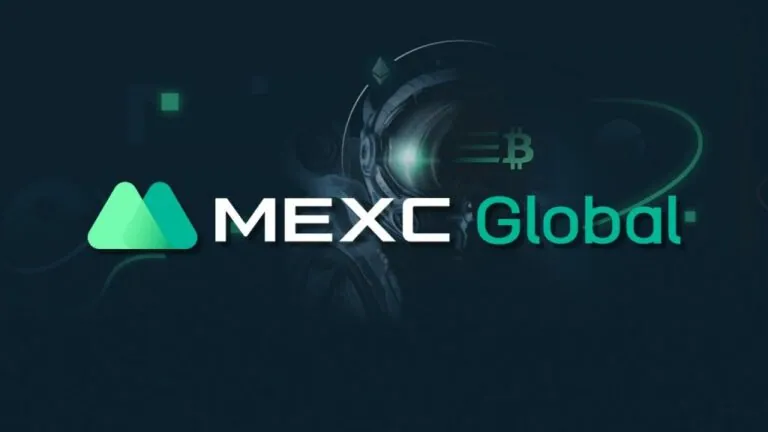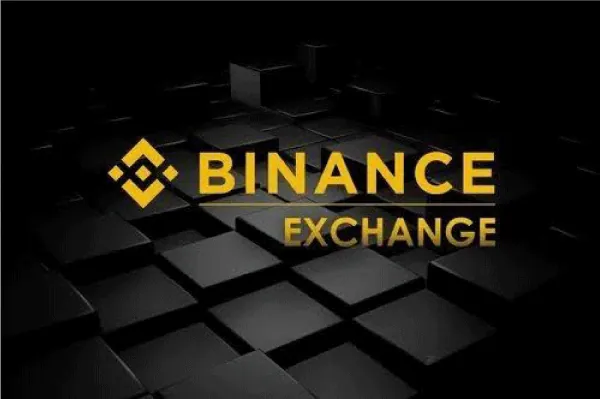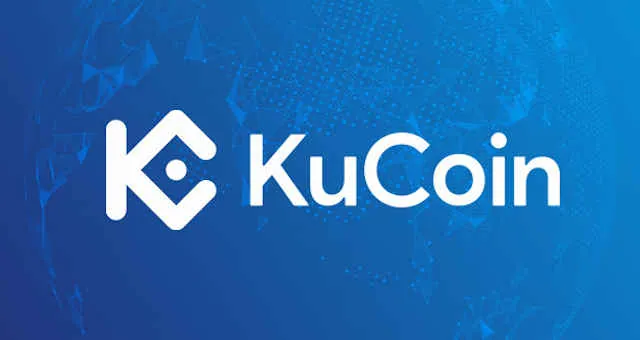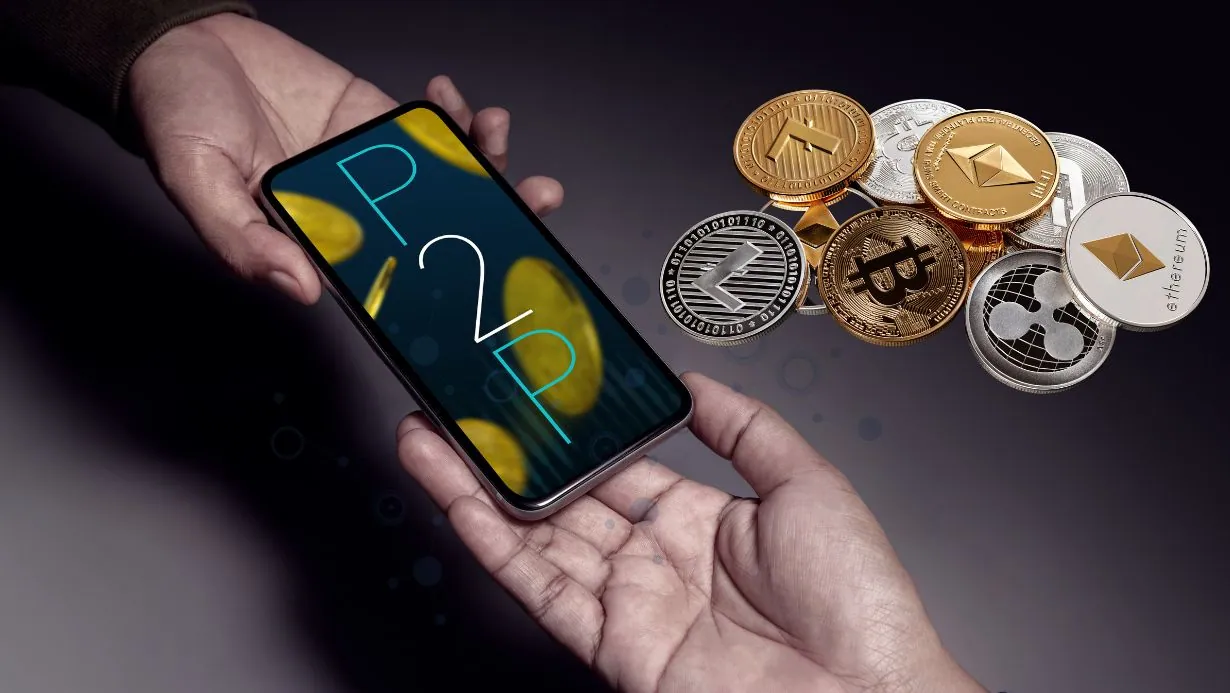In the ever-evolving landscape of cryptocurrency trading, peer-to-peer (P2P) exchanges have gained significant traction. P2P crypto exchanges offer a decentralized and direct trading experience, providing users with more control over their transactions. In this article, we will delve into the top 5 P2P crypto exchanges of 2024, exploring their benefits, drawbacks, and what makes them stand out in the dynamic world of digital assets.
Key Takeaways
- Peer-to-peer (P2P) crypto exchanges provide a decentralized trading experience.
- These exchanges offer direct transactions between buyers and sellers without the need for intermediaries.
- Users benefit from increased control over their trades and enhanced security features.
Benefits of P2P Crypto Exchange
- Decentralization: Eliminates the need for a central authority, promoting a distributed and trustless system.
- Privacy: Facilitates direct transactions, minimizing the need for extensive personal information disclosure.
- Global Access: Enables trading on a global scale, unrestricted by geographical boundaries.
- Reduced Fees: Lowers transaction costs compared to traditional centralized exchanges.
- Security: Users have control over their private keys, enhancing the security of their assets.
- Flexible Payments: Supports various payment methods, providing users with more options for transactions.
- No KYC Hassles: Some platforms offer anonymity by not requiring extensive Know Your Customer (KYC) verification.
- Escrow Services: Ensures secure transactions through the use of escrow services, reducing the risk of fraud.
- Resilience to Manipulation: Harder for malicious actors to manipulate markets due to the decentralized nature of the exchange.
- Community Engagement: Fosters direct interaction and engagement among users, creating a sense of community within the platform.
List of the Best P2P Crypto Exchanges 2023
Many well-known cryptocurrency platforms are made for day trading. Below is a quick summary of the qualities covered in this article:
1. MEXC: A cryptocurrency day trading platform with the lowest fees in the industry.
2. OKX: Known to be the greatest for thorough cryptanalysis.
3. Binance: A well-known trading platform that was founded.
4. Kucoin: Known for its unique characteristics in the world of cryptocurrency day trading.
5. Bybit: A platform well-known for its distinct advantages in the realm of day trading cryptocurrencies.
1. MEXC

MEXC, short for Mercatox, is a global cryptocurrency exchange that was founded in 2018. It offers a range of cryptocurrencies for trading, including popular ones like Bitcoin (BTC), Ethereum (ETH), and numerous altcoins.
Features of MEXC Exchange:
- Wide Range of Cryptocurrencies: MEXC provides a diverse selection of cryptocurrencies for trading, catering to both popular and emerging projects.
- User-Friendly Interface: The platform is designed to be user-friendly, with an intuitive interface that accommodates both beginners and experienced traders.
- Security Measures: MEXC employs security features such as two-factor authentication (2FA) to enhance the security of user accounts and funds.
- Trading Pairs: Users can engage in various trading pairs, allowing for flexibility in their trading strategies.
- Staking and Delegated Staking: MEXC supports staking services for certain cryptocurrencies, allowing users to earn rewards by holding their assets on the platform.
Pros of MEXC Exchange:
- Diverse Coin Selection: MEXC offers a wide variety of cryptocurrencies, providing users with options beyond the major tokens.
- User-Friendly Interface: The platform’s interface is designed to be accessible to users with varying levels of experience in cryptocurrency trading.
- Security Measures: MEXC prioritizes user security, implementing measures such as two-factor authentication to protect accounts.
- Global Reach: As a global exchange, MEXC allows users from various regions to participate in cryptocurrency trading.
Cons of MEXC Exchange:
- Limited Information: As with any platform, users should conduct thorough research and due diligence, and the availability of comprehensive information about MEXC may be a consideration.
- Regulatory Environment: Cryptocurrency exchanges, including MEXC, may be subject to regulatory changes and uncertainties, which can impact their operations.
- Liquidity: The liquidity of certain trading pairs may vary, and users should be mindful of this when engaging in less common or newer cryptocurrencies.
2. OKX

OKX is a global cryptocurrency exchange that originated in China and has expanded its services to a global audience. It offers a wide range of cryptocurrencies for trading and provides various features to cater to both novice and experienced traders.
Features of OKX Exchange:
- Multiple Cryptocurrencies: OKX supports a diverse range of cryptocurrencies, including major assets like Bitcoin (BTC) and Ethereum (ETH), as well as a variety of altcoins.
- Futures and Margin Trading: OKX allows users to engage in futures and margin trading, providing advanced trading options for those seeking leverage.
- Spot Trading: Users can participate in spot trading, allowing them to buy and sell cryptocurrencies at current market prices.
- Staking Services: OKX offers staking services for certain cryptocurrencies, enabling users to earn rewards by staking their assets on the platform.
- Security Measures: OKX implements security features such as two-factor authentication (2FA) to enhance the protection of user accounts and assets.
Pros of OKX Exchange:
- Diverse Asset Selection: OKX provides a wide array of cryptocurrencies, giving users numerous options for trading.
- Futures and Margin Trading: Advanced traders can benefit from futures and margin trading features to potentially amplify their trading strategies.
- Global Presence: OKX is accessible to users worldwide, contributing to its global liquidity and user base.
- Staking Opportunities: Users interested in earning passive income can explore staking services offered by OKX.
Cons of OKX Exchange:
- Regulatory Considerations: As with any cryptocurrency exchange, users should be aware of the regulatory landscape, which can impact the platform’s operations.
- Complexity for Beginners: The availability of advanced trading features may make the platform less user-friendly for beginners.
- Liquidity Variability: The liquidity of certain trading pairs may vary, and users should consider this when trading less common or newer cryptocurrencies.
3. Binance

Binance was founded in 2017 by Changpeng Zhao and quickly gained prominence in the cryptocurrency space. It provides a platform for users to trade a wide variety of cryptocurrencies, including major tokens like Bitcoin (BTC) and Ethereum (ETH), as well as numerous altcoins. Binance also offers additional features such as futures trading, staking, and its own native cryptocurrency, Binance Coin (BNB).
Features of Binance Exchange:
- Extensive Cryptocurrency Selection: Binance supports a vast array of cryptocurrencies, providing users with a wide range of trading options.
- Binance Coin (BNB): Binance has its native utility token, BNB, which users can use to pay for trading fees at a discounted rate and participate in token sales on the Binance Launchpad.
- Futures and Margin Trading: Binance offers futures and margin trading, allowing users to engage in more advanced trading strategies with leverage.
- Binance Smart Chain (BSC): Binance operates its own blockchain, Binance Smart Chain, providing a platform for decentralized applications (dApps) and smart contracts.
- Security Features: Binance implements robust security measures, including two-factor authentication (2FA) and cold storage for the majority of user funds.
Pros of Binance Exchange:
- Liquidity: Binance is known for its high liquidity, making it attractive to traders seeking to execute large transactions.
- Global Presence: Binance serves a global user base, offering its services to users in various countries.
- Advanced Trading Features: The platform provides advanced trading features, including futures and margin trading, suitable for both novice and experienced traders.
- Binance Launchpad: Users can participate in token sales and initial coin offerings (ICOs) through Binance Launchpad, potentially gaining early access to promising projects.
Cons of Binance Exchange:
- Regulatory Scrutiny: Binance has faced regulatory scrutiny in some jurisdictions, leading to restrictions on its services in certain areas.
- Complexity for Beginners: The wealth of features and trading options may be overwhelming for beginners, and the user interface might be considered complex by some.
- Withdrawal Fees: Binance imposes withdrawal fees on certain cryptocurrencies, which users should consider when managing their portfolios.
4. Kucoin

KuCoin was launched in 2017 and has since gained popularity for its diverse selection of cryptocurrencies and trading pairs. It aims to provide a user-friendly platform with various features, including spot trading, futures trading, staking, and more.
Features of KuCoin Exchange:
- Extensive Cryptocurrency Selection: KuCoin supports a wide range of cryptocurrencies, allowing users to trade major tokens and explore lesser-known altcoins.
- KuCoin Shares (KCS): KuCoin has its native utility token, KCS, which users can use to get trading fee discounts, participate in token sales on the platform, and receive a share of the exchange’s daily trading fees.
- Futures Trading: KuCoin offers futures trading, allowing users to trade cryptocurrency contracts with leverage.
- Staking: Users can participate in staking on KuCoin to earn rewards by holding certain supported cryptocurrencies on the platform.
- Security Measures: KuCoin implements security features, including two-factor authentication (2FA), to enhance the protection of user accounts and assets.
Pros of KuCoin Exchange:
- Diverse Coin Selection: KuCoin provides a broad range of cryptocurrencies, giving users options beyond the major tokens.
- KuCoin Shares (KCS): The KCS token offers additional benefits to users, such as fee discounts and a revenue-sharing mechanism.
- User-Friendly Interface: KuCoin is designed to be user-friendly, catering to both beginners and experienced traders.
- Staking Opportunities: Users can earn passive income through staking supported cryptocurrencies on the platform.
Cons of KuCoin Exchange:
- Regulatory Considerations: As with any cryptocurrency exchange, users should be aware of the regulatory environment, which can impact the platform’s operations.
- Customer Support: Some users have reported concerns about the responsiveness of KuCoin’s customer support.
- Liquidity: While KuCoin has good liquidity for major cryptocurrencies, less common trading pairs may experience lower liquidity.
5. Bybit

Bybit is a cryptocurrency exchange founded in 2018, and it has gained popularity for its focus on derivatives trading, specifically offering perpetual contracts for Bitcoin and other major cryptocurrencies. Bybit is known for its user-friendly interface and a variety of trading features.
Features of Bybit Exchange:
- Perpetual Contracts: Bybit specializes in perpetual contracts, a type of derivative product that mimics the features of traditional futures contracts without an expiry date.
- Leverage Trading: Bybit allows users to trade with leverage, enabling them to amplify potential profits (or losses) on their trades.
- Inverse and USDT Contracts: Bybit offers both inverse contracts (quoted in cryptocurrency) and USDT contracts (quoted in Tether, a stablecoin pegged to the US dollar).
- Advanced Order Types: The platform supports various order types, including market orders, limit orders, conditional orders, and more.
- User Interface: Bybit is designed to have an intuitive and user-friendly interface, making it accessible to both novice and experienced traders.
Pros of Bybit Exchange:
- Focus on Derivatives: Bybit’s specialization in derivatives trading provides users with a platform tailored for those interested in trading futures and perpetual contracts.
- High Leverage: Bybit offers high leverage, allowing traders to potentially increase their exposure to the market.
- User-Friendly Interface: The platform is designed to be easy to navigate, making it accessible to traders of varying experience levels.
- Security Measures: Bybit employs security features, including two-factor authentication (2FA), to enhance the protection of user accounts and assets.
Cons of Bybit Exchange:
- Risk of High Leverage: While high leverage can amplify profits, it also increases the risk of significant losses, and traders should exercise caution.
- Limited Asset Variety: Bybit’s primary focus is on derivatives trading, and it may not offer the same variety of spot trading pairs as some other exchanges.
- Regulatory Considerations: Users should be aware of the regulatory landscape, as derivatives trading platforms may face regulatory challenges in some jurisdictions.
What is peer to peer (p2p) trading?
Peer-to-peer (P2P) trading is a decentralized form of exchange where individuals directly interact with one another to buy or sell goods and services without the need for intermediaries like traditional banks or marketplaces. In P2P trading, participants connect through a platform or network that facilitates transactions, allowing them to negotiate terms, set prices, and finalize deals directly.
This approach promotes a more direct and flexible exchange process, often leveraging technology such as blockchain for secure and transparent transactions. P2P trading is commonly associated with cryptocurrencies, but it can also involve the exchange of other assets, fostering a more inclusive and efficient trading environment.
How do peer to peer exchanges work?
Peer-to-peer (P2P) exchanges connect buyers and sellers directly without intermediaries. Sellers list their assets, and the platform matches them with suitable buyers. Negotiations occur, and an escrow service holds the asset temporarily for security.
Once payment is made, the platform releases the asset, and users can leave feedback. P2P exchanges often use blockchain and smart contracts for automation and security, providing a decentralized and flexible trading experience.
Conclusion
In conclusion, navigating the crypto market is increasingly streamlined with the emergence of top-notch peer-to-peer (P2P) crypto exchanges. These platforms empower users by enabling direct transactions, eliminating the need for intermediaries. The top 5 P2P crypto exchanges mentioned offer a secure and efficient trading environment, leveraging technologies like blockchain and smart contracts.
Read Also:
